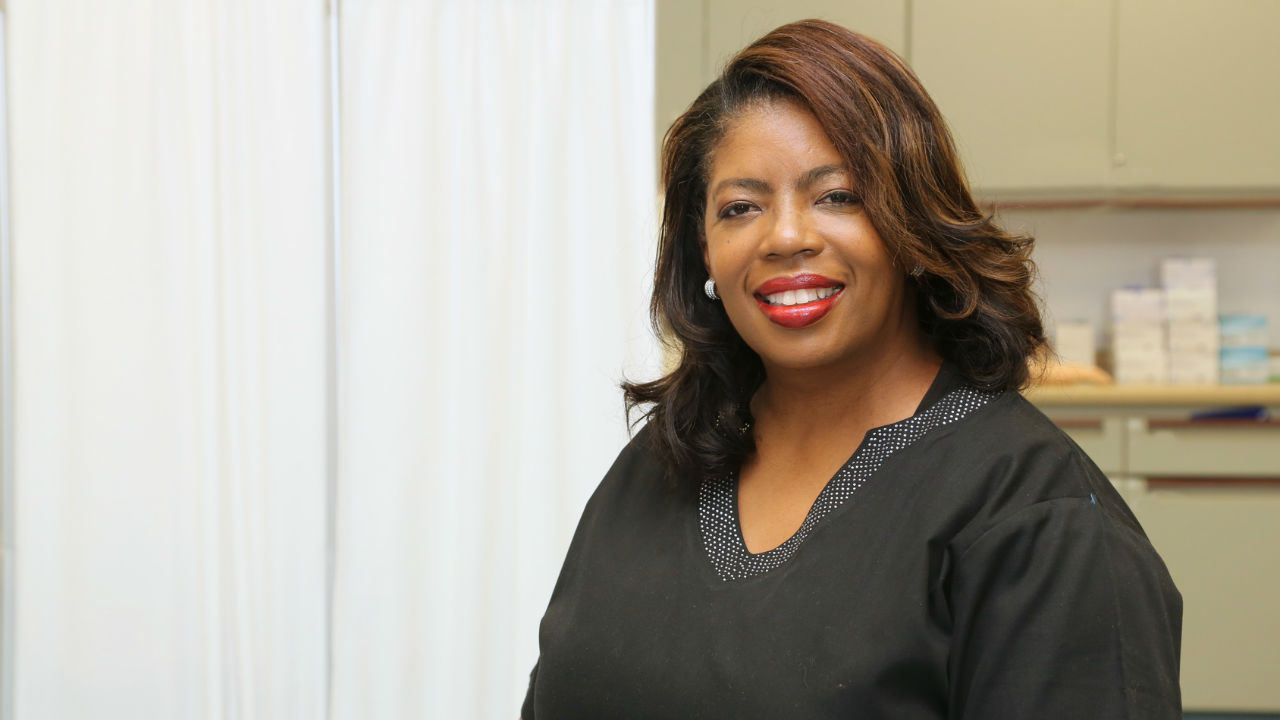 Monkey Business/fotolia
Monkey Business/fotolia
When Heather and Ken were in Dr. D’s office to discuss the question of retaining Heather’s ovaries, they brought up another important topic. They asked Dr. D if and how the hysterectomy was likely to affect their sex life. Dr. D said she was glad they asked.
"I think many couples worry about that but are reluctant to ask," Dr. D said. "Maybe they’re embarrassed or just don’t want to bother the doctor but it is a valid and important question.”
Dr. D asked if Heather’s frequent and unpredictable vaginal bleeding had been affecting their sex life.
"I know it’s silly, but I was less interested in sex because I half expected to find Heather was bleeding and then we had to deal with that," Ken answered. "The mess was only a nuisance, but I think seeing the blood made us both tense up and get distracted. I'd sometimes lose my erection and then not be in the mood to continue."
Heather put a hand on Ken’s arm and said, "I felt so bad about – well, literally - messing things up for us. I know it wasn’t anything I could control but I felt guilty."
Ken put his hand on hers.
"Well, now we’re doing something that’s gonna fix it,” he replied.
"Almost all couples find that their sex life improves after a hysterectomy because the surgery gets rid of a problem, such as pain or bleeding, that was interfering with sex," Dr. D said.
Heather told both Dr. D and Ken that a close friend of hers said she had a problem with sex since her hysterectomy.
"My friend says she misses the feeling she used to have during intercourse when, she thinks, the penis was pressing against her cervix," Heather said.
The cervix is the lower part of the uterus that projects into the upper part of the vagina.
"I don’t think I feel anything in my cervix during intercourse but my friend got me wondering what problems could be in store for me that I don’t anticipate," Heather added.
"I'm glad you are NOT asking about cervical sensation because it's unclear what to advise women on that subject," Dr.D. said. "There is a kind of surgery called a supracervical hysterectomy in which the cervix is left behind, but many, if not most gynecologists, aren't trained in this procedure and it has some important downsides that make it controversial."
"Is there anything else we should know about?" Heather asked.
"I can alert you to some sexual issues you may face after your hysterectomy. There are few, if any, problems caused simply by the absence of the uterus," Dr. D replied. "Yes, the uterus contracts when a woman orgasms, but that feeling is seldom missed. The size of the vagina is not an issue. Your vagina has always expanded as you respond sexually so it should feel the same to each of you as it always has.
"Sexual changes that concern couples after hysterectomy or oophorectomy are most frequently caused by the absence of ovarian hormones. The lack of estrogen that the ovaries had been making causes vaginal dryness, and over time, shrinkage and thinning of the walls (atrophy)," Dr. D continued. "That causes intercourse to be painful. Sex response tends to be slower too and some women feel they respond less intensely and have a harder time reaching orgasm. Estrogen therapy usually prevents vaginal dryness and atrophy so pain should not be a problem. Sex response also tends to respond to estrogen therapy.”
"The loss of another hormone, testosterone, can cause loss of sexual desire. (Yes, women make that “male” hormone too). Removal of your ovaries will decrease your testosterone and you may decide to use testosterone. But, testosterone prescription for women is somewhat complicated. I’d suggest that you wait to see if lack of sexual desire becomes a problem for you. You can cross that bridge when and if you come to it.”
Read more in Advancing Health After Hysterectomy





Add a CommentComments
There are no comments yet. Be the first one and get the conversation started!